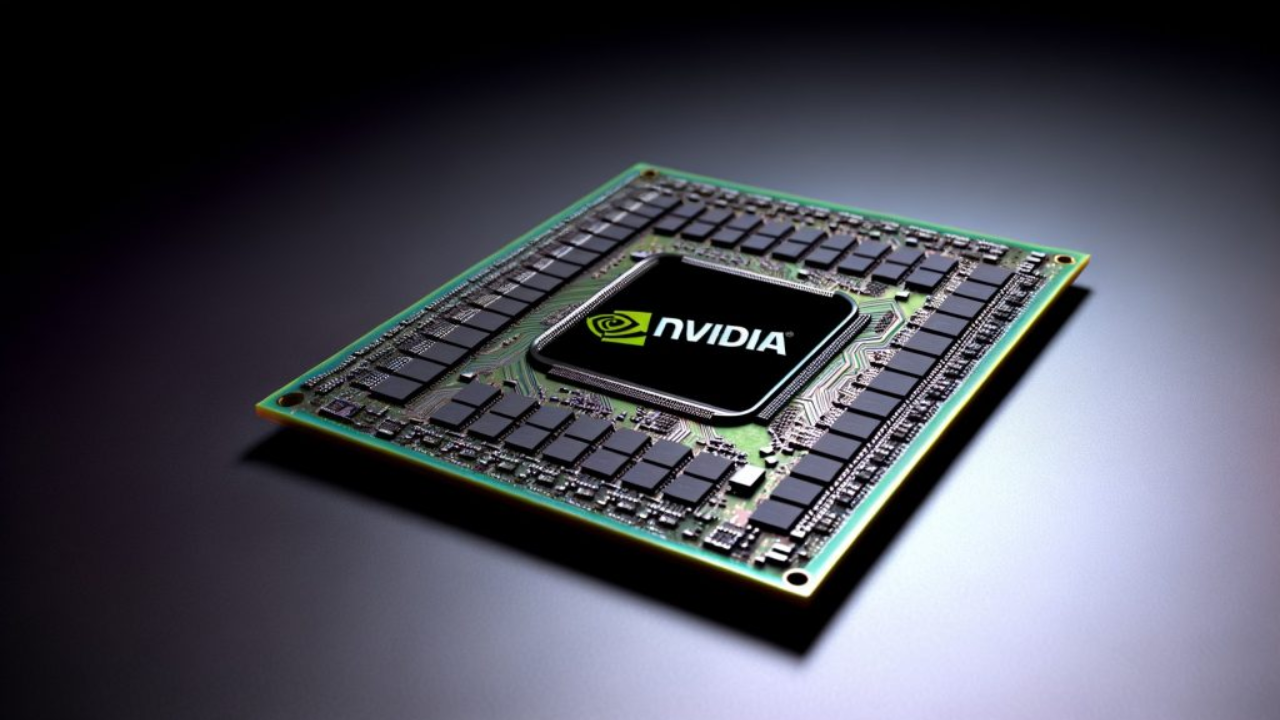A new player is making waves in the high-stakes AI chip industry, aiming to challenge the dominance of Nvidia. Positron, a US-based AI chip startup, has secured $23.5 million in funding, positioning itself as a serious contender in the booming AI hardware market. The startup, headquartered in Reno, Nevada, manufactures its cutting-edge AI chips in Arizona and claims its processors are more power-efficient than Nvidia’s H100 chips, one of the most widely used AI chips in the world.
The AI semiconductor market is hotter than ever, with companies like Microsoft, Meta, Amazon, OpenAI, and Google spending billions of dollars on AI infrastructure. With Nvidia holding a dominant 80% market share, the industry is in dire need of viable alternatives—and Positron believes it has the key to the future of AI computing.
The $23.5 Million Bet Against Nvidia
Positron has attracted significant investor interest, securing millions in funding from firms like:
🔹 Valor Equity Partners
🔹 Atreides Management
🔹 Flume Ventures
This infusion of capital will allow Positron to scale its chip production, enhance research and development, and compete directly with Nvidia—a company that has long been the unchallenged king of AI chips.
But can a startup with a fraction of Nvidia’s resources really take on a $1.5 trillion AI giant?
Why the AI Chip Market Needs Disruption
While Nvidia continues to dominate, there are growing concerns about its near-monopoly in AI chip supply. Here’s why the industry is looking for alternatives:
1. Skyrocketing AI Chip Costs
Nvidia’s H100 GPUs are incredibly powerful but outrageously expensive. With prices exceeding $30,000 per chip, even tech giants like Microsoft, Meta, and Amazon are looking for cheaper, more power-efficient alternatives.
2. Power Consumption & Overheating Issues
AI chips require massive amounts of power, and overheating is a major concern. Data centers running Nvidia’s GPUs face rising energy costs and infrastructure challenges. Positron claims its chips consume less than a third of the power of Nvidia’s H100s, potentially cutting energy costs significantly.
3. Over-Reliance on a Single Supplier
With 80% of AI chips coming from Nvidia, major companies fear being too dependent on a single supplier. Positron’s entry into the market introduces competition, which could help drive innovation and lower costs.
4. The Growing Demand for AI Inference Chips
Right now, Nvidia’s most in-demand chips are used for training AI models—like ChatGPT and Gemini—but there’s an increasing shift toward AI inference (the phase where trained models are actually used). Positron is focusing on this growing market, betting that inference chips will soon be more valuable than training chips.
How Positron Plans to Compete
1. AI Inference-Focused Design
Unlike Nvidia, which dominates both AI training and inference chips, Positron is focusing specifically on inference processing. This specialization allows the company to optimize for lower power consumption, higher efficiency, and cost-effectiveness—key pain points for AI-driven companies.
2. US-Based Manufacturing
With the US government pushing for semiconductor independence, Positron’s decision to manufacture its chips in Arizona could work in its favor. The CHIPS Act encourages companies to develop domestic semiconductor production, which could give Positron an edge in securing government support and enterprise contracts.
3. Strategic Investments & Partnerships
While $23.5 million is a fraction of Nvidia’s budget, Positron is backed by powerful investors. If it continues to prove its technology, it could secure additional funding from major tech firms looking for alternatives to Nvidia—potentially Microsoft, Meta, or Amazon.
The Billion-Dollar AI Chip War: Can Positron Disrupt Nvidia?
Nvidia’s dominance in AI chips did not happen overnight. The company, led by CEO Jensen Huang, has spent years perfecting its AI GPUs and forming deep partnerships with industry leaders. So, can Positron really compete?
Here’s how they stack up:
| Feature | Positron | Nvidia (H100) |
|---|---|---|
| Power Efficiency | ✅ Uses 1/3rd of Nvidia’s power | ❌ High energy consumption |
| Price | ✅ Expected to be cheaper | ❌ Expensive ($30,000+ per chip) |
| Market Share | ❌ New player | ✅ Dominates 80% of AI chips |
| Inference Capabilities | ✅ Optimized for AI inference | ✅ AI inference + training |
| Manufacturing | ✅ US-based (Arizona) | ❌ Taiwan-based (TSMC) |
Positron’s lower cost, power efficiency, and US-based manufacturing could attract buyers, but it still faces an uphill battle against Nvidia’s brand loyalty, ecosystem, and deep-pocketed R&D.
Who Wins if Positron Succeeds?
If Positron manages to carve out a niche in AI inference chips, it could reshape the AI hardware landscape. Here’s who benefits:
🔹 Big Tech (Microsoft, Meta, Amazon, Google) → Reduces reliance on Nvidia, saving billions in AI infrastructure costs.
🔹 Data Centers → Lower power consumption means huge energy cost savings.
🔹 AI Startups → Access to cheaper, high-performance chips to build next-gen AI applications.
🔹 The US Semiconductor Industry → Less reliance on Taiwan-based TSMC and more homegrown innovation.
Challenges Ahead: Can Positron Deliver?
🚧 Scaling Production → Manufacturing AI chips at scale is extremely difficult. Can Positron ramp up fast enough?
🚧 Software & Ecosystem → Nvidia dominates because of CUDA (its AI software ecosystem). Positron needs to build developer support.
🚧 Competing with Nvidia’s AI Stack → Nvidia isn’t just a chip company—it offers cloud AI solutions, supercomputers, and enterprise AI infrastructure. Positron needs to differentiate itself beyond just “cheaper chips.”
What’s Next? The Future of AI Chips
🔹 Will Positron secure more funding? If it proves its chips work at scale, it could attract major AI customers.
🔹 Can it land a big partnership? A deal with Microsoft, Meta, or OpenAI could catapult Positron into the big leagues.
🔹 How will Nvidia respond? If Positron gains traction, expect Nvidia to counter with new AI inference chip innovations.
Conclusion: A New Era in AI Hardware?
Positron’s $23.5 million funding round is just the beginning. The startup is betting that the next phase of AI computing will require cheaper, more power-efficient inference chips—a market Nvidia has yet to fully optimize for.
While Nvidia remains the undisputed AI chip leader, the demand for alternatives is growing. If Positron can deliver on its promises, it could become one of the first serious challengers to Nvidia’s throne.
The AI chip war is heating up. Can Positron take a slice of the billion-dollar market, or will Nvidia crush another competitor before it even takes off? The next few years will decide the future of AI hardware.

